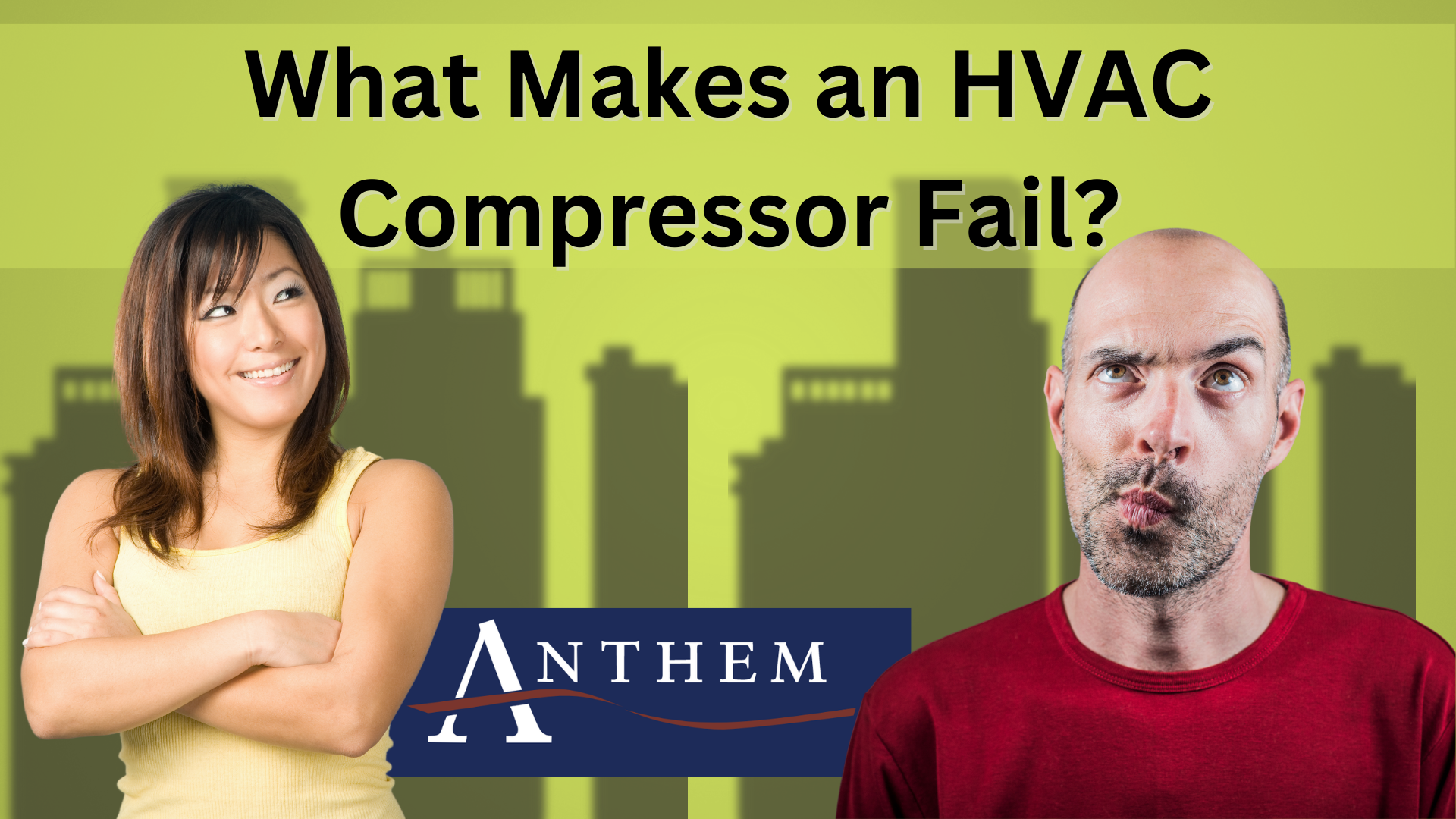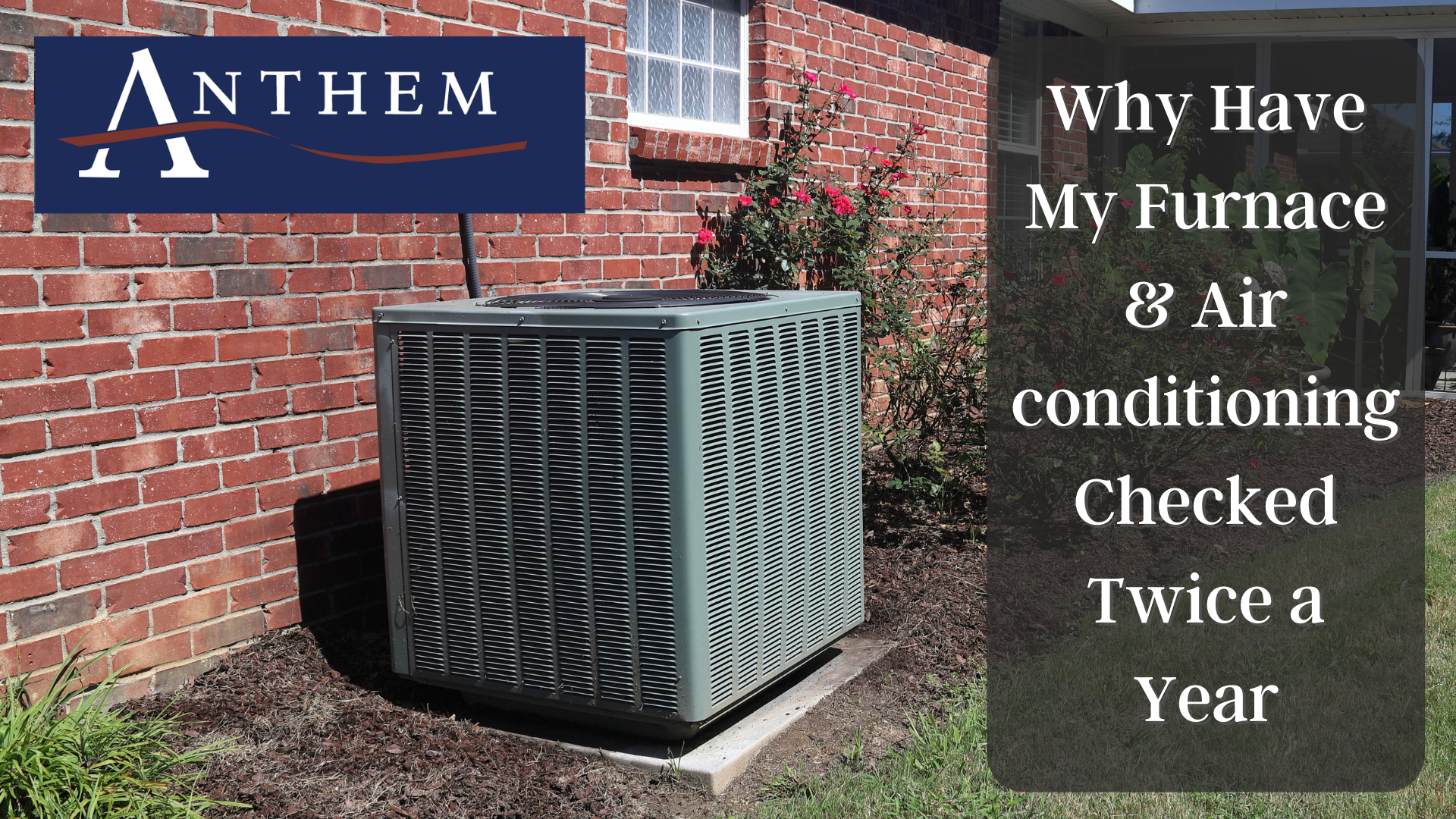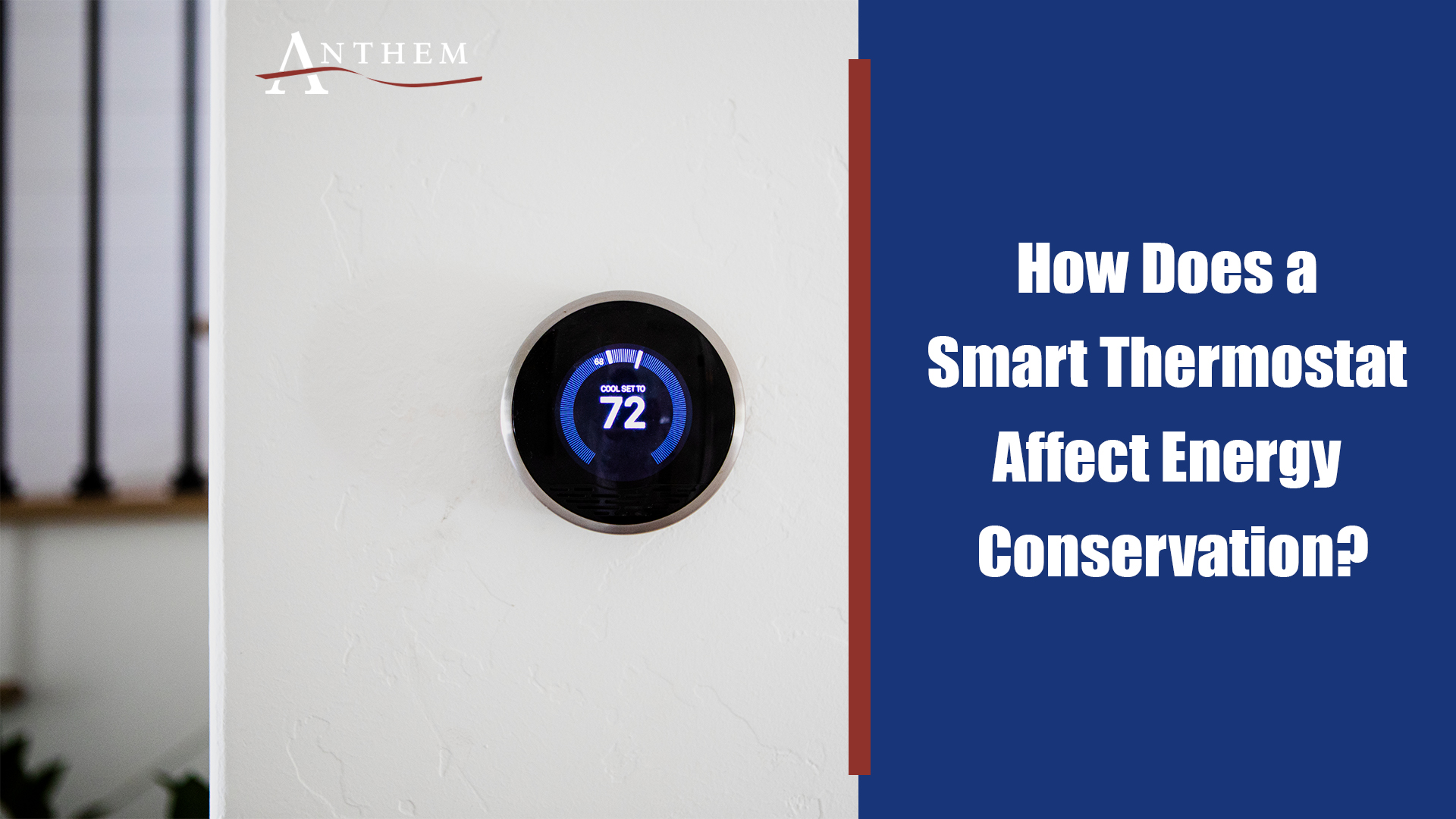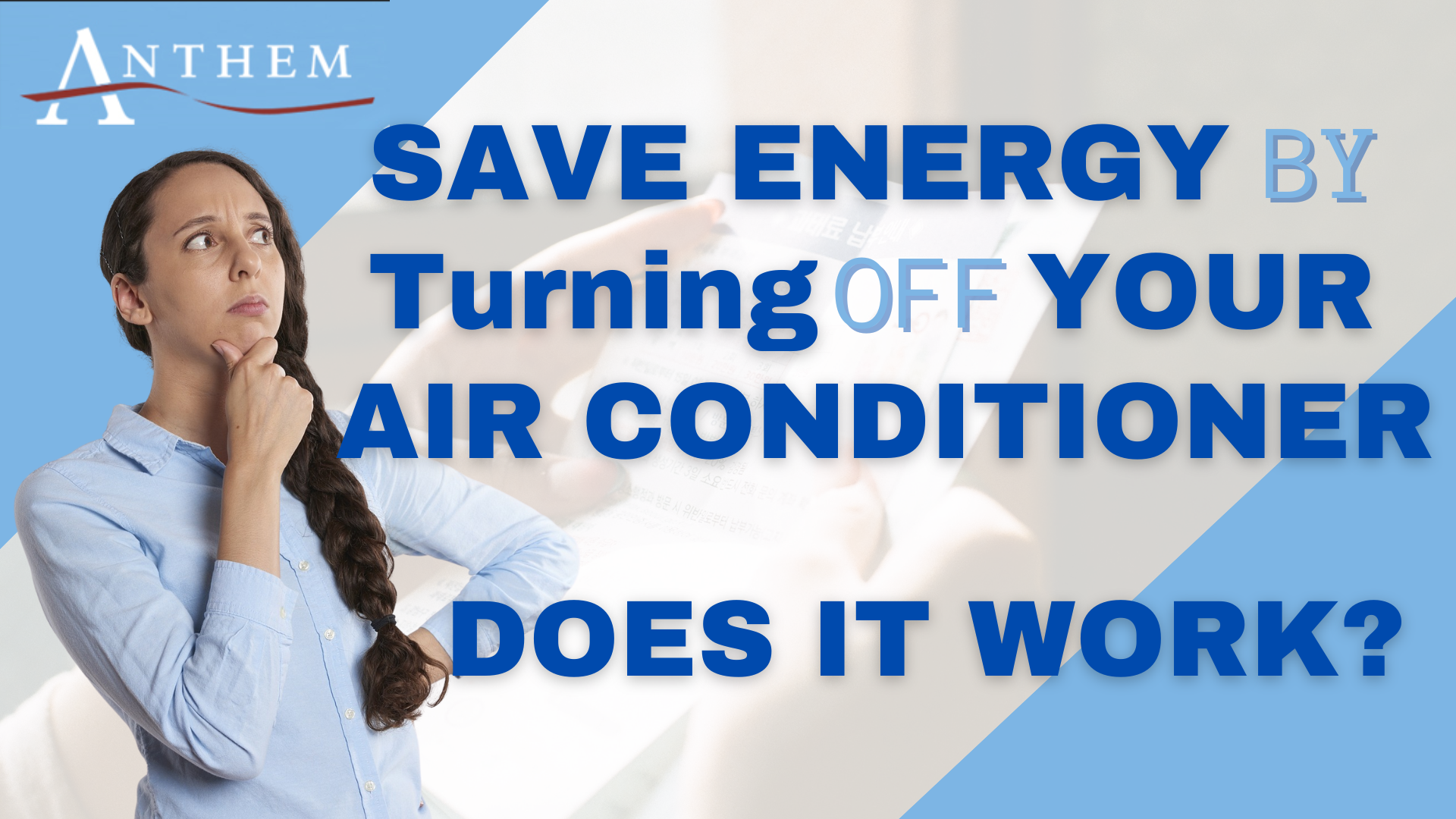Are you tired of spending too much on your energy bills and wishing you had more control over the comfort levels in your home? Then it’s time to upgrade to an energy-efficient HVAC system. Investing in a new heating, ventilation, and air conditioning system can provide Palm Springs homeowners with numerous critical financial and environmental benefits that will save them money in the long run. From cutting costs on monthly utility expenses to improving energy efficiency for reduced impact on our precious environment, upgrading to a modern HVAC system is worth serious consideration. Read on for more insights about the advantages of switching out your old HVAC for a fresh new model.

What Is an HVAC System
HVAC stands for Heating, Ventilation, and Air Conditioning, and it is a system responsible for providing indoor comfort. The HVAC system controls a space’s temperature, humidity, and air quality. It comprises several components, including a furnace, air conditioner, air handler, and ductwork.
An HVAC system is essential for residents of deserts because of the extreme temperatures typical in these regions. Air conditioning is necessary for staying cool and comfortable indoors during the hot summer months. Without air conditioning, temperatures in a desert can become unbearable and dangerous, especially for those with medical conditions. On the other hand, in the cooler months, heating is needed to keep indoor spaces warm and comfortable.
Energy Savings
Palm Springs homeowners have seen the struggles of running traditional HVAC systems – and the costly electricity bills that come with them. That’s why we recommend upgrading to energy-efficient solutions for your home so you can save a bundle each month.
With energy-efficient systems, you get advanced technologies such as variable-speed compressors and fans, programmable thermostats, and improved insulation. All these things are tailor-made to use less energy while still performing the same tasks as traditional systems. And the best part? All this adds up to reductions in your energy consumption.

Increased Comfort
You know how important comfortable indoor temperatures are, especially in the summer. That’s why upgrading to an energy-efficient HVAC system is one of the best decisions you can make. It will save money on energy bills, and its advanced technologies allow for precise temperature control.
This means that your Palm Springs home can enjoy a more consistent indoor temperature with fewer fluctuations than before — making it much more comfortable for yourself and your guests. Investing in an energy-efficient HVAC system is easy if your comfort level is a priority.
Improved Indoor Air Quality
Homeowners want to increase their comfort while also improving their health, and an energy-efficient HVAC system can make that happen. An advanced air filtration system can remove pollutants, allergens, and other irritants often found in the Palm Springs air.
Not only will this reduce symptoms caused by asthma or allergies, but it will also improve your family’s general well-being through cleaner air – making it a truly win-win situation. Investing in a new energy-efficient HVAC system is the right thing to do.
Lower Maintenance Costs
We all want the best for our homes, which means investing in a new HVAC system. Energy-efficient systems require less maintenance compared to traditional alternatives. This translates into great savings on maintenance costs, making these systems an even better deal.
Energy-efficient HVAC systems provide Palm Springs’ homeowners with the perfect combination of reliability and longevity. This allows savings on costly repairs. With such advanced technologies available for unbeatable prices, it’s time to take advantage of these amazing benefits.

Environmentally Friendly
As a homeowner, you’ll want to get ahead of the curve with an upgrade to an energy-efficient HVAC system. Not only is it important for conserving natural resources, but it will also reduce your carbon footprint. Imagine the pleasure of being able to actually see, feel, and experience how a typical Palm Springs homeowner like you can reduce their impact on the precious environment. You’ll even save money down the line on energy bills and use environmentally-friendly refrigerants that don’t contribute to ozone depletion or global warming. So join me today in making Palm Springs a great place to live by investing in energy efficiency.
Conclusion
Homeowners should switch from outdated HVAC systems to energy-efficient ones today and find out why this is the ultimate investment. With energy savings, improved indoor air quality, lower maintenance costs, and environmental friendliness all par for the course with energy-efficient systems – you will feel great about making the switch. What’s more, there’s a wide selection of great HVAC systems that fit in perfectly with any budget. So take action today and prepare your Palm Springs home to enjoy all these excellent benefits.


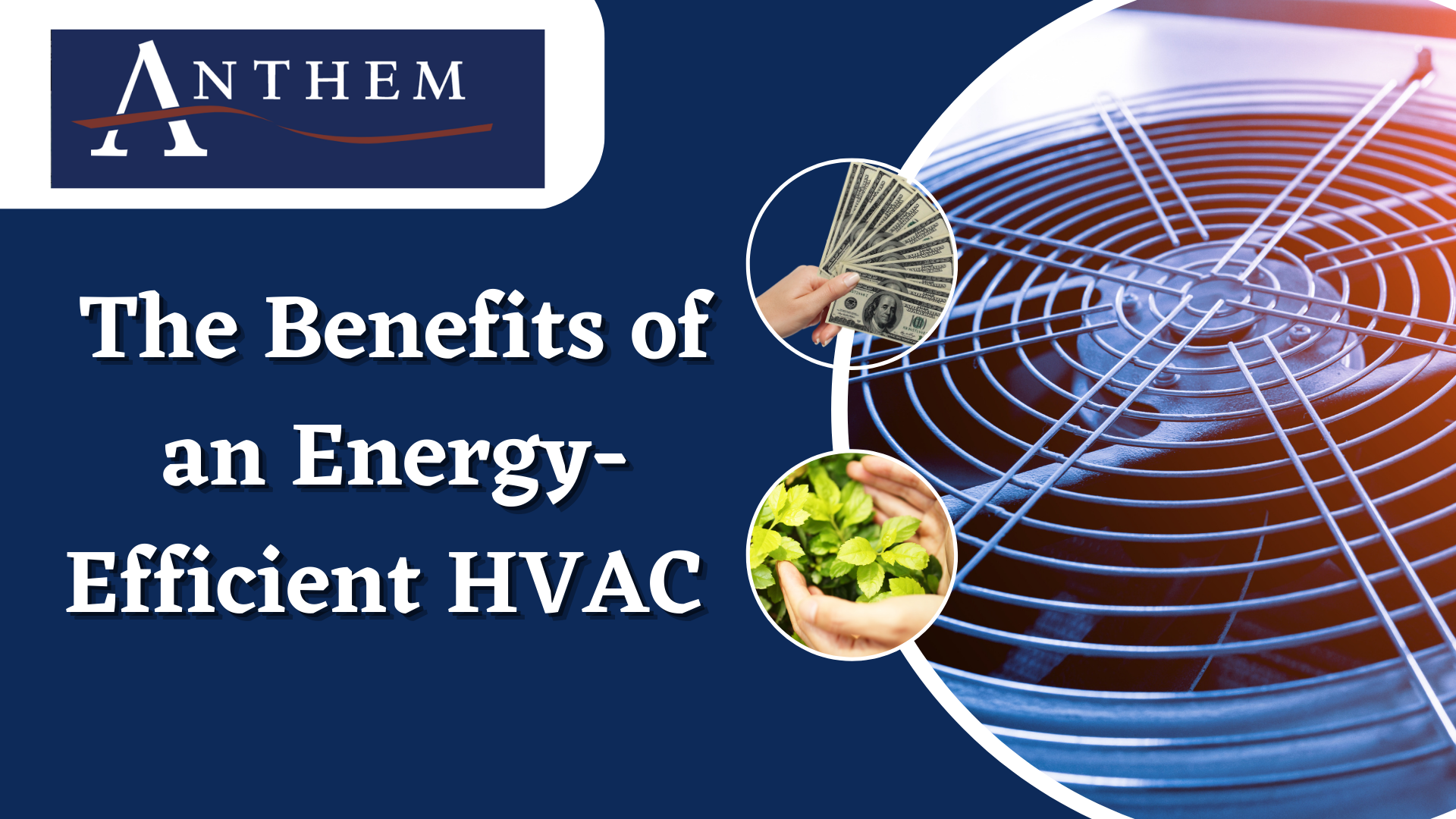


 Another important task is scheduling annual inspections and tune-ups. These services can help identify any issues with your system before they become major problems. An HVAC professional will inspect and test your system, checking for any signs of wear or damage, and making any necessary adjustments to ensure it’s running efficiently.
Another important task is scheduling annual inspections and tune-ups. These services can help identify any issues with your system before they become major problems. An HVAC professional will inspect and test your system, checking for any signs of wear or damage, and making any necessary adjustments to ensure it’s running efficiently.



